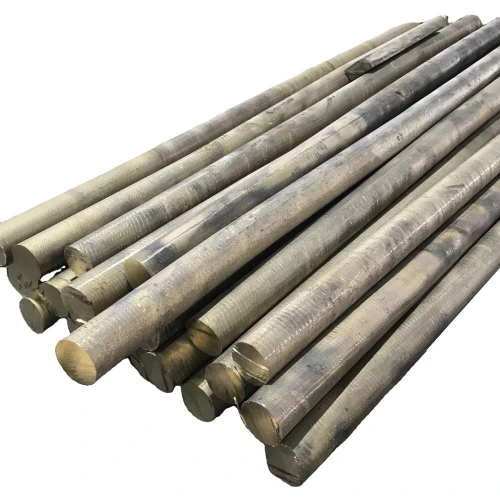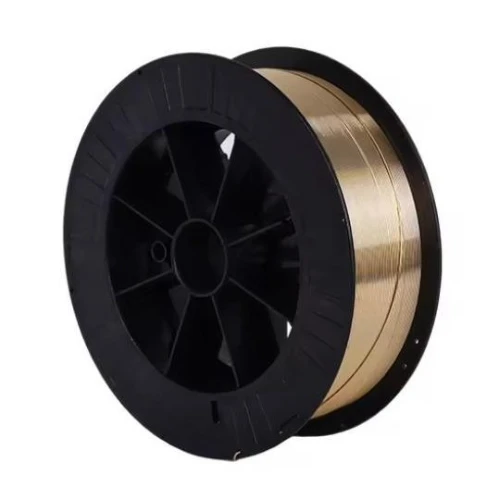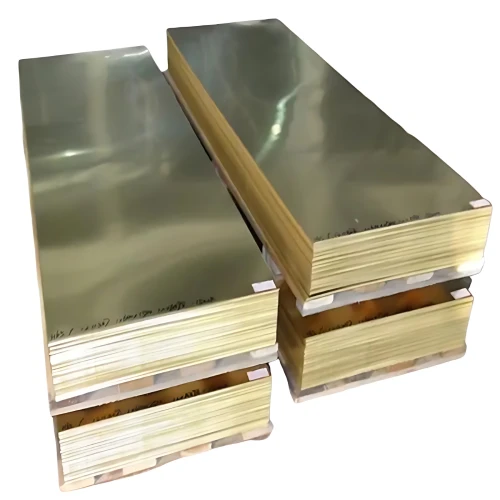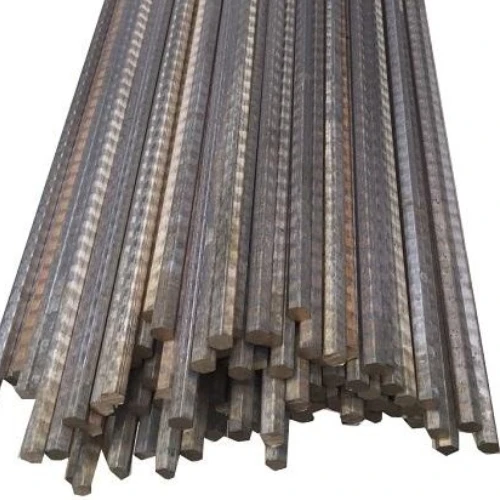C72500: Copper-Nickel-Tin Alloy for Strength, Corrosion Resistance, and Solderability
C72500 is a copper alloy belonging to the copper-nickel-tin family. It's known for its good combination
of moderate strength, excellent corrosion resistance, and outstanding solderability. Here's a breakdown
of its key aspects:
Table: Key Properties of C72500
| Property |
Description |
| Chemical Composition |
- Primarily Copper (Cu): Minimum 88.2% <br> - Nickel (Ni): Up to 10% <br> - Tin
(Sn): 1.5-2.5% <br> - Other (Fe, Pb, etc.): Trace amounts (Lead-free)
|
| Mechanical Properties |
- Moderate tensile and yield strength <br> - Excellent corrosion resistance, particularly
in marine environments <br> - Excellent solderability due to tin content <br> - Fair
machinability
|
| Common Brands (By Country) |
- Europe: CuNi9Sn2 [Europe] <br> - US: C72500 |
Important Note: C72500 is typically lead-free. However, it's always recommended to
consult the specific datasheet for the material you're considering.
Common Questions and Answers:
What are the typical applications of C72500?
C72500 finds use in various industries due to its well-suited properties:
Electronic components: Due to its solderability and corrosion resistance, C72500 is used
for electronic components and lead frames.
Marine applications: C72500 excels in saltwater environments due to its exceptional
corrosion resistance. It's used for valves, fittings, heat exchangers, and other marine hardware.
Building and construction: C72500 can be used for roofing materials and architectural
elements due to its corrosion resistance and solderability.
How does C72500 compare to other copper alloys?
C72500 offers some advantages:
Excellent corrosion resistance: Especially in saltwater environments, C72500 is superior to
many other copper alloys.
Outstanding solderability: The presence of tin makes C72500 ideal for applications
requiring strong soldered joints.
Lead-free: C72500 is environmentally friendly and avoids health hazards associated with
lead during processing.
However, there are also some limitations:
Moderate strength: Compared to some other copper alloys, C72500 offers moderate strength.
Fair machinability: Machinability of C72500 is not exceptional.
Are there alternatives to C72500?
Depending on the specific application requirements, some alternative copper alloys can be considered:
High-strength copper alloys (e.g., C72900): Offer higher strength but might have slightly
lower corrosion resistance and solderability.
Nickel-aluminum bronzes: Excellent corrosion resistance and good strength, but might be
more expensive than C72500.
Important Note: Always consult with a material engineer or supplier to identify the most
suitable copper alloy for your specific application considering factors like strength, corrosion resistance,
solderability, machinability, lead content (regulations), and cost.



